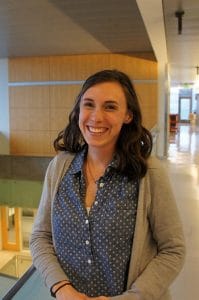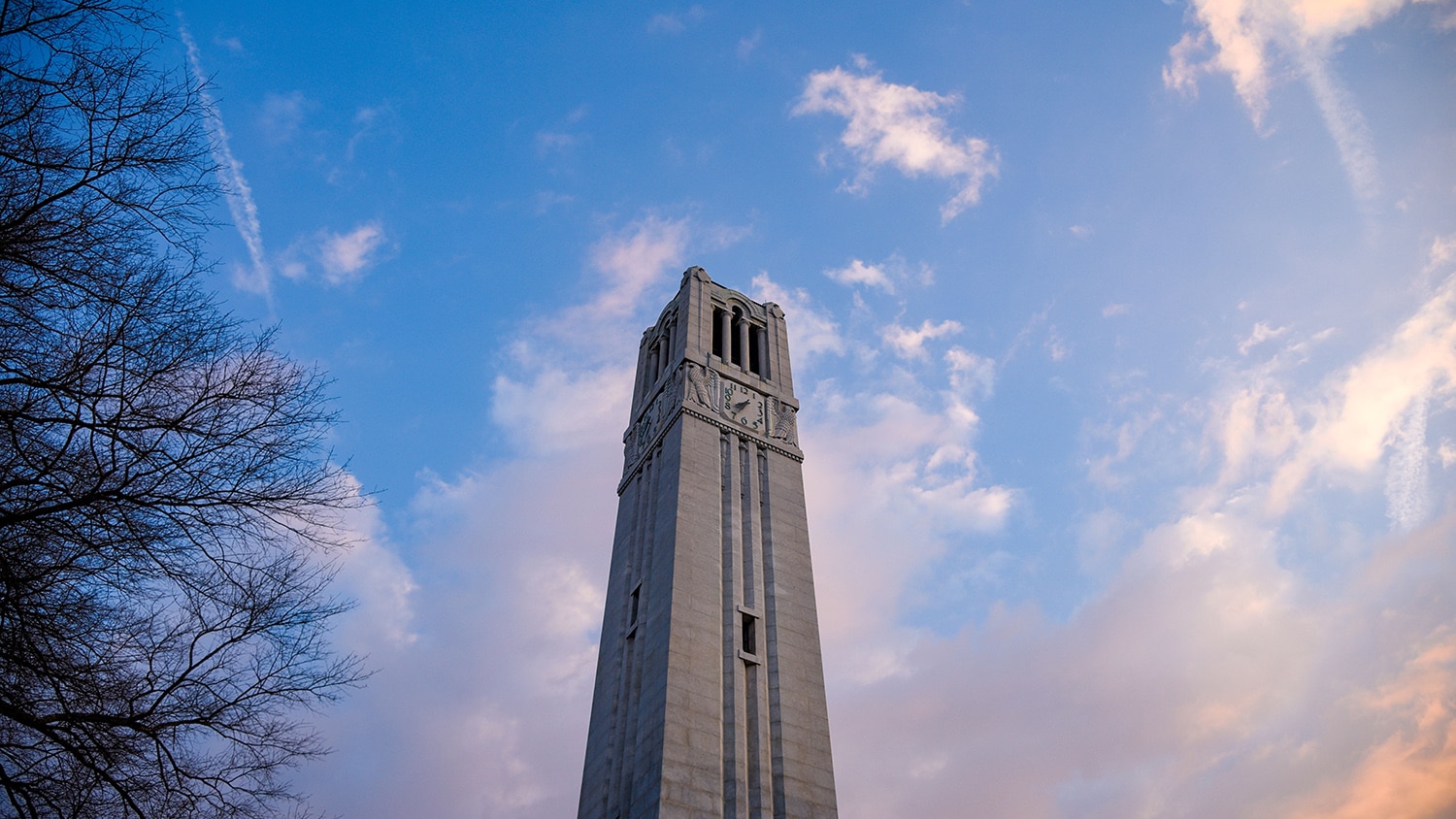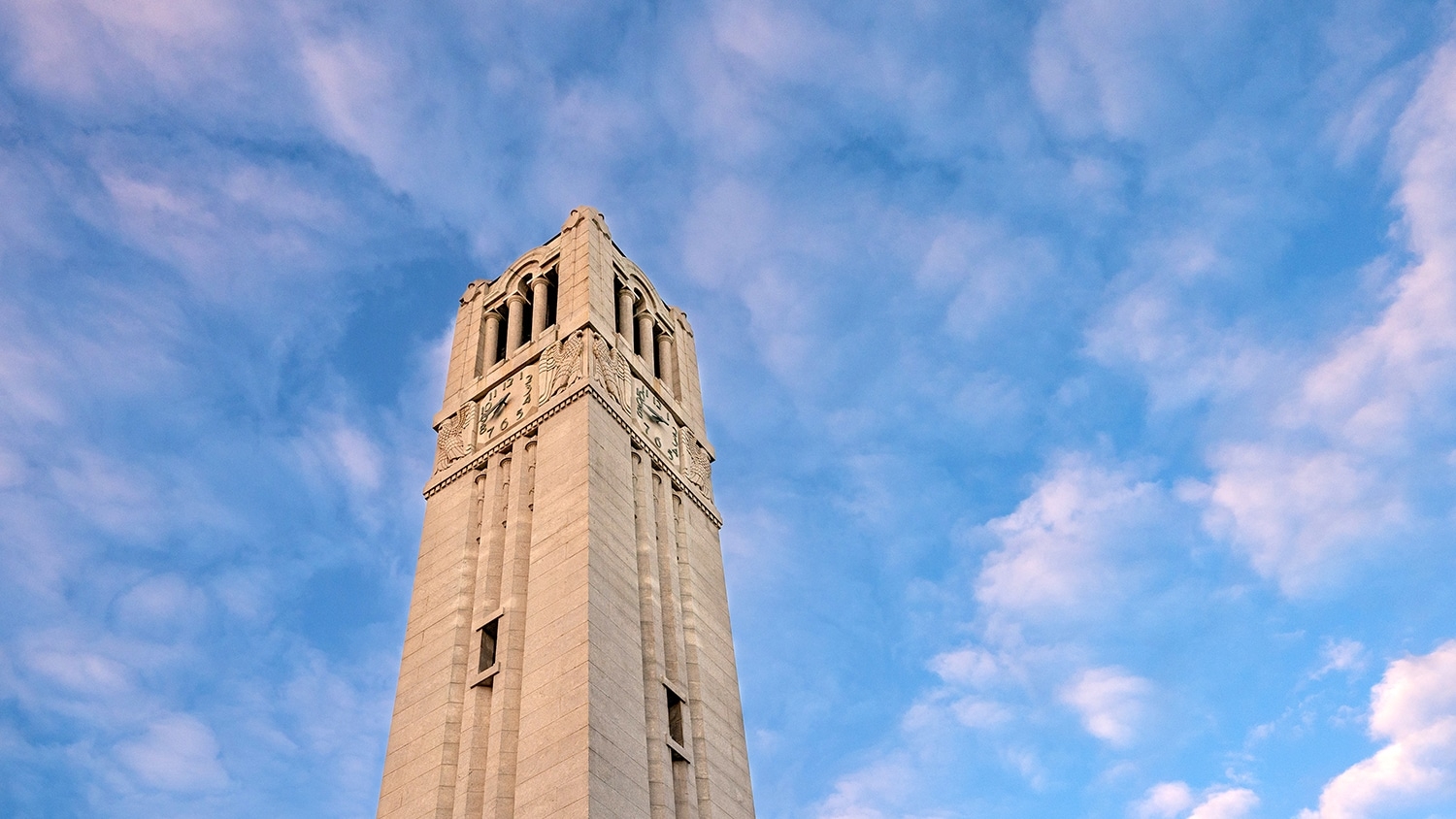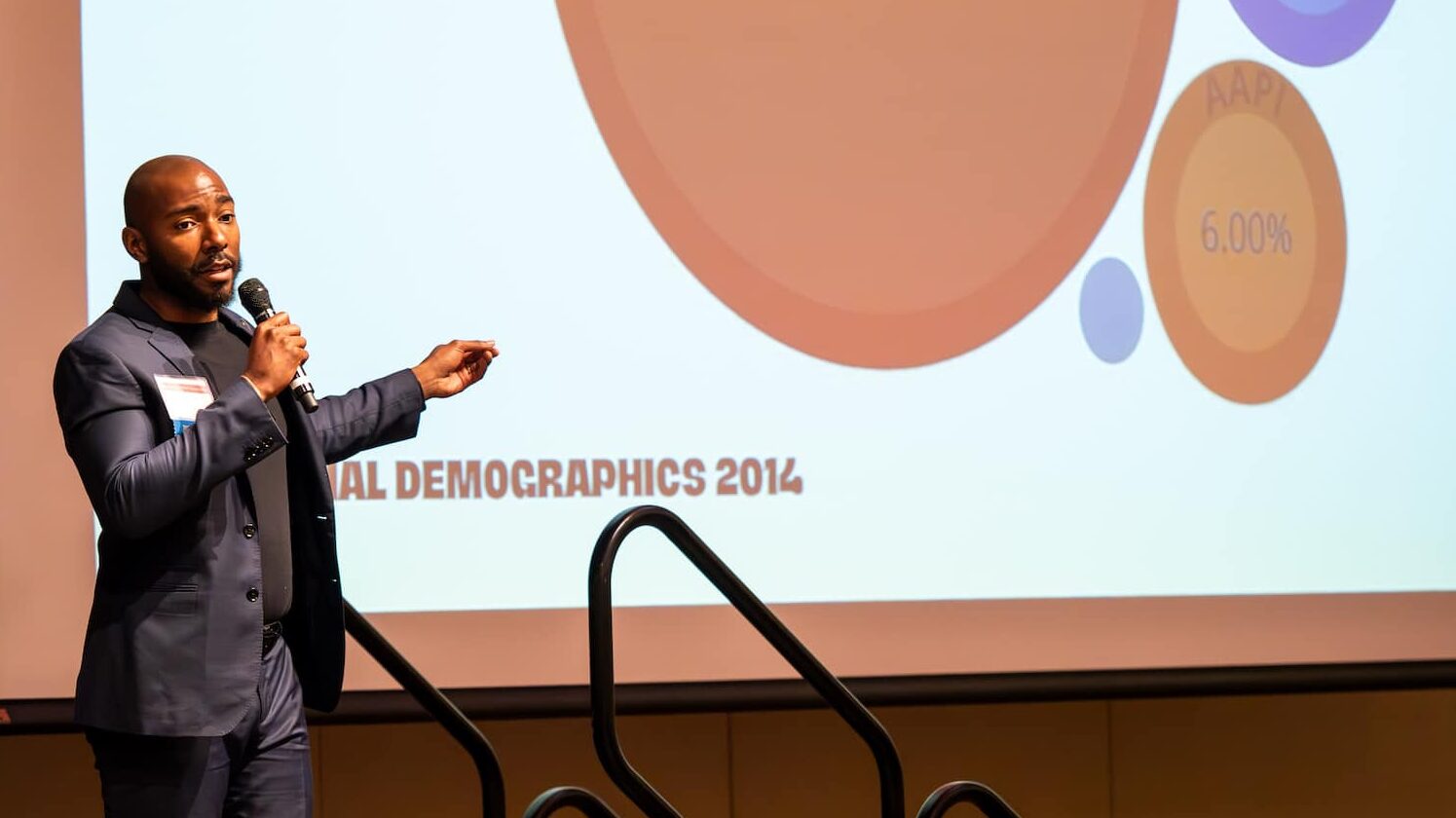Caiti Smukowski Heil of NC State’s Department of Biological Sciences has received a five-year, $1.9 million grant from the National Institutes of Health (NIH) to investigate genetic and environmental components shaping recombination rate evolution and the influence of recombination rate on genome evolution.
The grant was made as part of the Maximizing Investigators’ Research Award program of the NIH’s National Institute of General Medical Sciences. The program aims to provide researchers with greater stability and flexibility in an effort to enhance scientific productivity and the chances for important breakthroughs.
Heil’s project, titled “Recombination Rate Variation and Evolution,” focuses on meiotic recombination, which is essential for the successful segregation of chromosomes during meiosis. The failure of this process can lead to infertility, aneuploidy, genomic instability and spontaneous abortion. Despite the fact that this function is essential, recombination rate varies across genomes, populations and species, and the forces shaping this variation remain largely unknown.
Heil’s team will utilize laboratory evolution and genomics in Saccharomyces yeast to empirically test long-standing hypotheses of how and why meiotic recombination changes over time. They will focus on how the recombination landscape changes across short time scales, how adaptation to a new environment affects recombination, and how the recombination rate influences genome composition following hybridization.
“Starting and running a lab during the pandemic has presented many challenges, so it’s particularly exciting to receive support for our research and to look toward the future,” Heil said. “This project is based on ideas I first had during graduate school, so it’s a huge milestone in my career to finally see this vision come to fruition.”
Heil will lead a team of investigators on the project composed of graduate students, postdocs, technicians and undergraduate researchers from the Department of Biological Sciences.




